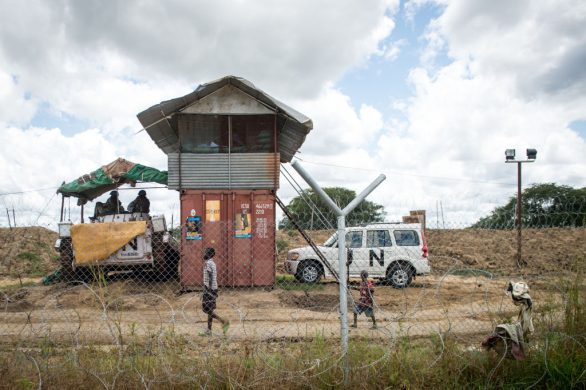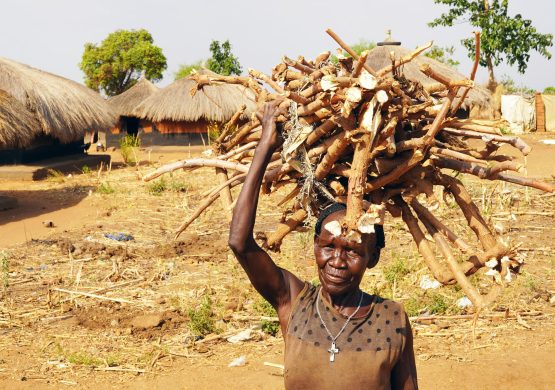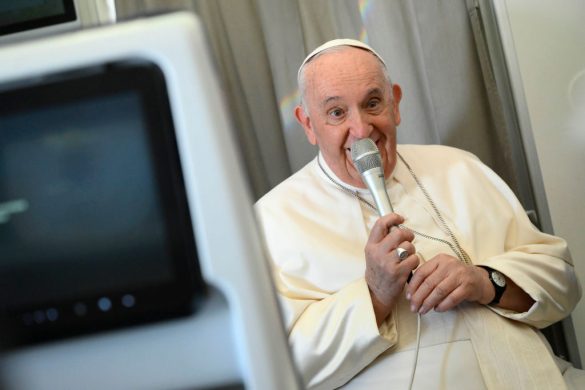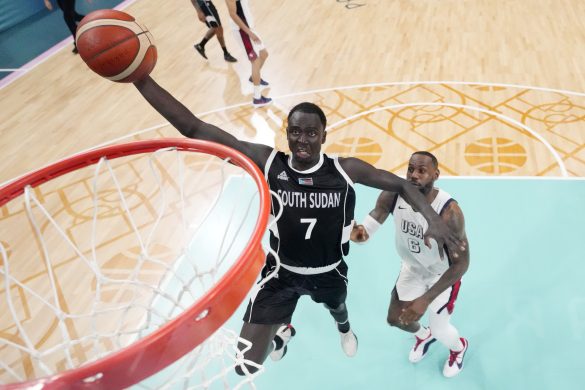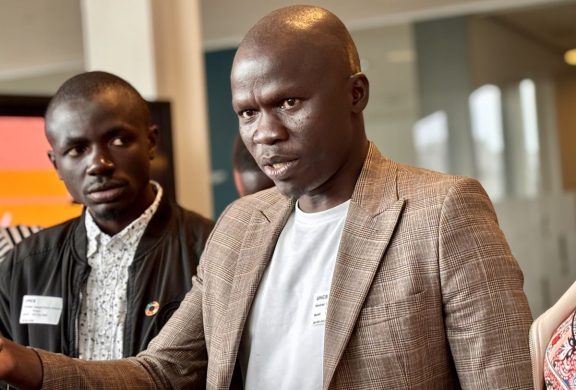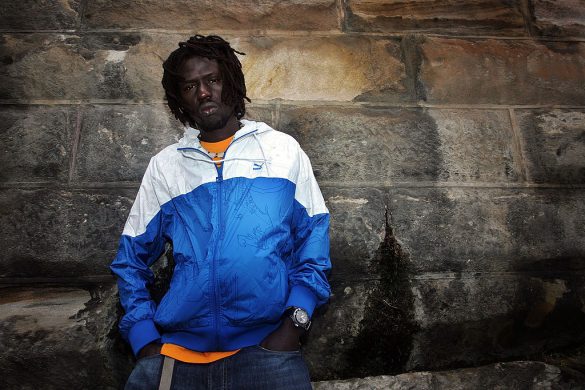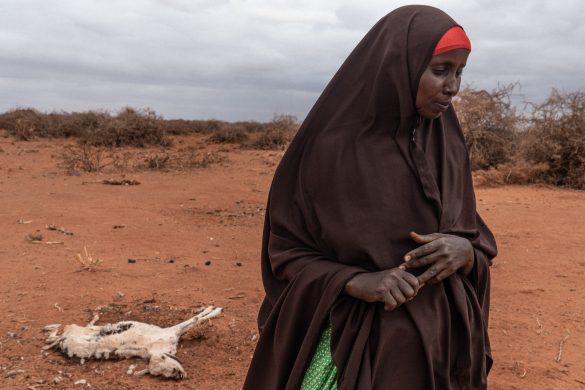“We will leave you to suffer.”
These were the words a government soldier said to an elderly man who survived an attack by government forces on Tharuop, a village in Leer County in Unity State, South Sudan. His elderly wife had been beaten and shot, accused of being the mother of a rebel.
The man’s account was one of dozens of similar ones given to the UN Human Rights Office assessment team that had gone into South Sudan to look into human rights violations in the county.
The report, released Friday, is based on the work of the team from October 2015 to January 2016. It focused on the worst affected parts of Unity and Upper Nile States, as well as Western and Central Equatoria, where the conflict has spread.
“Most of the people we spoke to, the victims and first hand witnesses, had been through a lot of trauma since the fighting broke out,” said a member of the assessment team. “Nevertheless, they were very resilient and eager to tell their story for the world to know their plight.”
Systematic Reprisals
The report accuses the South Sudan Government of operating a “scorched earth” policy, deliberately targeting civilians for killing, abuse and pillage. The accounts gathered by the assessment team make harrowing reading.
In one attack, a witness recounted how she saw a pregnant woman being shot in the back as she fled the attackers. In another account, a woman reported that her 80-year-old father-in-law was burnt alive in a hut together with the family goats. She could hear him screaming for help inside the burning hut, but government soldiers prevented her from rescuing him.
Sexual violence as a weapon
The report documents systematic use of sexual and gender-based by Government forces and associated militia. The scale of sexual violence is shocking: in five months last year from April to September the UN recorded 1300 reports of rape in Unity State alone. Credible sources told the assessment team that militia and government forces are being allowed to rape women in lieu of wages – an agreement called “do what you can, take what you can.”
One woman described how, during the attack on her village in Koch, a county in Unity State, in October, Government soldiers killed her husband. They then tied her to a tree and forced her to watch as her 15-year-old daughter was raped by at least 10 soldiers.
“One of the most notable impacts of the continued sexual and gender based violence … is the fear and paralysis it has instilled in the community,” the report states. “Women are in a state of permanent insecurity. One displaced woman noted ‘Women are suffering a lot. When we go to town, we may fall into the hands of soldiers, be raped and abandoned; those who try to resist will be killed.’”
A Possible Solution
While all parties in the conflict are responsible for violations, this report shows that in 2015 government forces and associated militia bore the greatest responsibility for both violations of international human rights law and humanitarian law. This had led to a culture of impunity, fear and a cycle of revenge.
The report recommends UN High Commissioner for Human Rights Zeid Ra’ad Al Hussein request the UN Security Council to impose a comprehensive arms embargo on the country. In addition that a Hybrid Court that was part of the peace agreement signed in August 2015 be set up without delay.
“The lasting and only viable solution to protect and promote human rights in South Sudan is to dismantle the apparatus of violence and holding to account those responsible for the immense suffering of the population,” the report stated.



